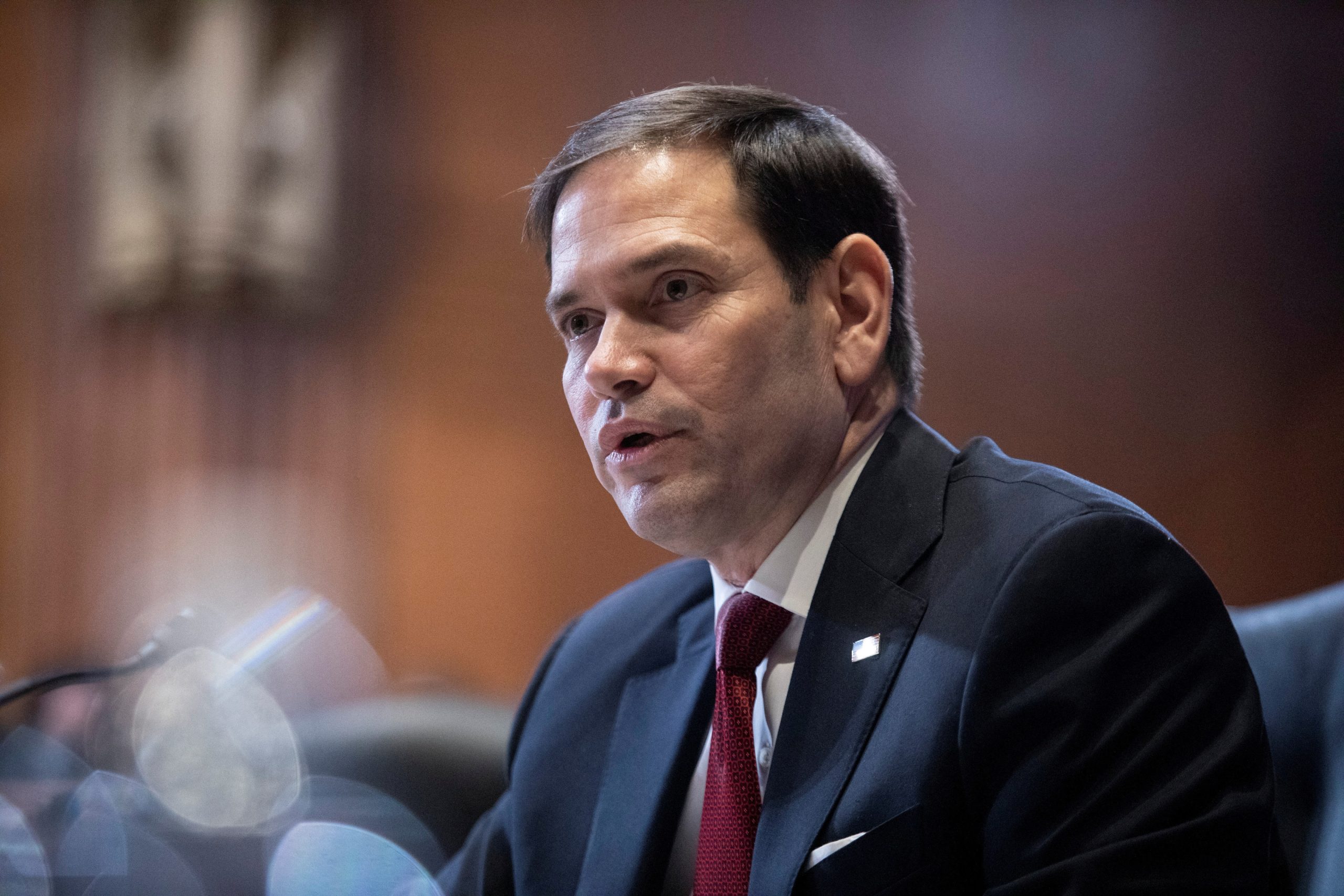
Willie R. Tubbs, FISM News
[elfsight_social_share_buttons id=”1″]
Florida Republican Sen. Marco Rubio has been on a legislative mission to loosen American entanglements with the People’s Republic of China, the nation which stands as America’s greatest rival.
“The world has always had great powers that compete against each other,” Rubio said during a recent appearance on CBS. “And the hope is you can avoid that turning into a military conflict. But we will be competitors with China technologically, commercially, geopolitically, and militarily, from our capability perspective, for the rest of our lifetimes. This entire century will be defined by that competition.”
Rubio has long expressed concern that the U.S., as a government and a people, has become overly dependent on China to the point of exposing the nation and its citizens to great risk as the competition between the countries has intensified.
To that end, the senator has spent much effort working both through normal legislative channels and media messaging to limit Chinese influence in numerous sectors.
Earlier this week, Rubio wrote to the Biden administration demanding a review of the Ford Motor Company’s decision to partner with a Chinese battery manufacturer in a massive new electric vehicle program to be based in Michigan.
Specifically, Ford has entered into a deal with Contemporary Amperex Technology Co. Limited (CATL), a company with ties to the ruling Chinese Communist Party and which boasts a massive share of the global electric-car battery market.
This partnership, Rubio argues, “will only deepen U.S. reliance on the Chinese Communist Party for battery tech, and is likely designed to make the factory eligible for Inflation Reduction Act (IRA) tax credits.”
In a letter to Secretary of the Treasury Janet Yellen, U.S. Secretary of Energy Jennifer Granholm, and U.S. Secretary of Transportation Pete Buttigieg, Rubio called for a review of the nature of Ford’s arrangement.
“The exact structure of this arrangement has yet to be reported,” Rubio wrote, “but policymakers should be clear-eyed about one takeaway: if Chinese companies like CATL are able to exploit both Chinese and United States incentives for battery and EV technology through clever corporate arrangements, then there is no use in investing federal funds toward industrial development in the first place. Taxpayer dollars should never be used to support PRC champions.”
Rubio also rejected the notion that CATL, or for that matter any China-based company, is or could ever become wholly independent of that nation’s ruling party.
“[Even] nominally private Chinese companies enjoy rich state support from Beijing, as well as important controls on their ownership,” Rubio wrote. “These firms are also obliged by numerous CCP policies and laws to support the regime’s objectives. CATL is no exception.”
CORRUPTED HONG KONG TIES
Rubio’s latest effort to limit Chinese access to the United States has been to attack the CCP’s use of Hong Kong trade offices in the United States.
The senator argues that these offices, which were designed to give the free nation of Hong Kong access to U.S. markets and diplomatic channels and were afforded diplomatic immunities, have become corrupted.
“As China continues to undermine Hong Kong’s democracy and autonomy, we must ensure that if Hong Kong Economic and Trade Offices no longer merit diplomatic immunities, their privileges are revoked,” Rubio said in a statement.
On Wednesday, Rubio and Sen. Jeff Merkley (D-Ore.) introduced a bill in the Senate that would make that revocation official. The bipartisan pairing of Congressmen Chris Smith (R-N.J.) and Jim McGovern (D-Mass.) have a similar bill prepared for the House.
“The tragic transformation of Hong Kong from an open society into just another Chinese city under the authoritarian thumb of Beijing removes the rationale for separate treatment of the Hong Kong Economic and Trade Offices,” Merkley said. “The sad reality is that these entities – intended to help relatively autonomous Hong Kong authorities hold cultural events and liaise with the U.S. government on matters related to economic engagement – now serve as propaganda arms of the Chinese government.”
TIKTOK BAN
Beyond the Ford-CATL and Hong Kong matters, Rubio has also been among the louder voices pushing for a nationwide ban on TikTok, having only recently partnered with left-leaning independent Sen. Angus King of Maine to author a bill that would achieve such a goal.
Tuesday, Rubio publicly courted the support of Senate Majority Leader Chuck Schumer (D-N.Y.) after the Democrat intimated he was open to at least considering a ban.
“This is not an overreaction, but a necessary response to the ongoing threat the app, and others like it, pose to American’s personal data,” Rubio wrote in a letter to Schumer. “While these actions are a positive step, more must be done to ensure the CCP cannot use a Trojan Horse, operating under the guise of a video-sharing app, to track, monitor, and collect information on Americans, as well as manipulate the content to which they’re exposed.”
